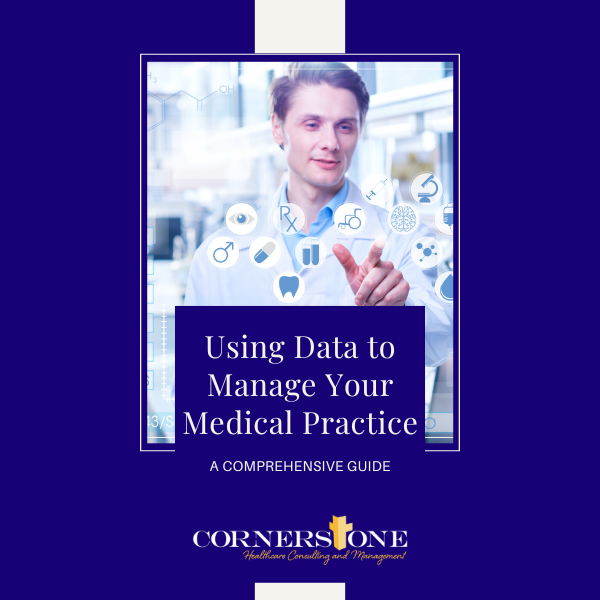Follow Us

Running a successful medical practice requires strong systems and leadership. Discover six proven steps to improving medical practice performance with guidance from Cornerstone Healthcare Consulting.

We are passionate about good medicine, high standards of care, and doing what is best for the patient.
Official info:
- LeRoy, New York
14482, United States - (585) 815-4007
- Monday to Friday
- 9:00 AM to 5:00 PM
Footer
Official info:
- (585) 815-4007
- LeRoy, New York
14482, United States - Monday to Friday
9:00 AM to 5:00 PM




